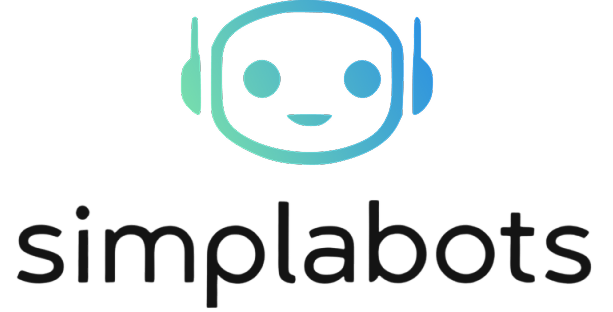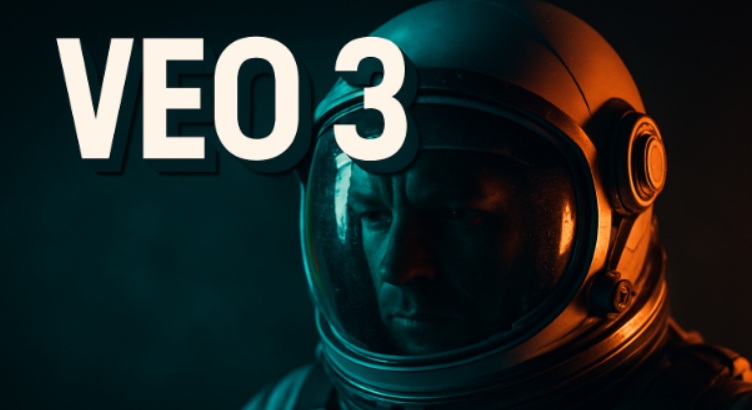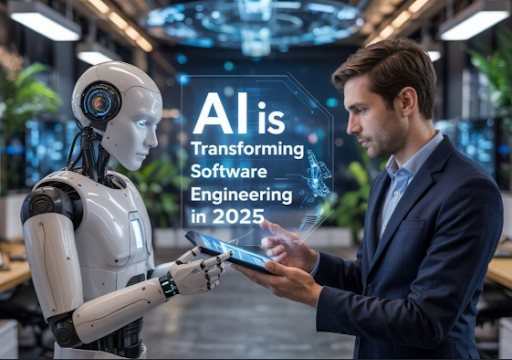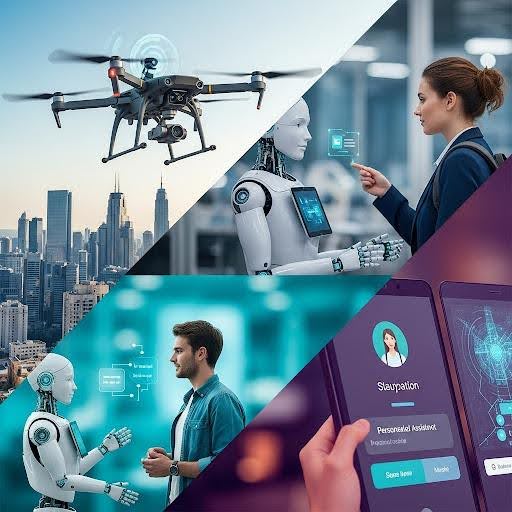Berkeley-based startup IntuigenceAI has launched IntuiAI, a Synthetic AI Engineers platform designed to combat the growing shortage of skilled engineers and reduce human errors in industries like chemical and mechanical engineering, with plans to expand into other fields such as civil and electrical engineering.
Outstanding Performance and Industry Adoption
Superior AI Engineering Capabilities
Intuigents, IntuigenceAI’s AI agents, achieved an 82% first-time pass rate on the NCEES Professional Engineering exam—more than eight times higher than competitors like ChatGPT-4o—showcasing their ability to handle complex engineering tasks alongside human teams.
Cost Savings and Efficiency Gains
Several Fortune 100 companies are piloting IntuiAI, expecting to save millions by automating workflows that traditionally took weeks or months, reducing them to days or minutes and freeing human engineers for strategic, creative work.
How IntuiAI Works
Embedding Expertise and Automating Workflows
IntuiAI integrates institutional engineering knowledge, allowing automatic processing of complex tasks such as maintenance planning, materials assessment, and safety preparations—minimizing errors and accelerating project timelines.
Advanced AI and Microsoft Partnership
Leveraging Microsoft Fabric, OneLake, and Azure OpenAI, IntuiAI delivers enterprise-grade AI solutions and can even join Microsoft Teams calls with field engineers for real-time collaboration and problem-solving.
Vision for the Future of Engineering
Founded by industry veterans from Microsoft, Amazon, Meta, and Berkeley AI Research, IntuigenceAI aims to scale synthetic engineering from millions to billions worldwide. CEO Moe Tanabian envisions AI empowering engineers to focus on innovation, accelerating breakthroughs in critical sectors like clean energy and infrastructure.
IntuigenceAI’s synthetic engineers represent a major breakthrough, driving industrial innovation while addressing workforce challenges on a global scale.
Sources:

















